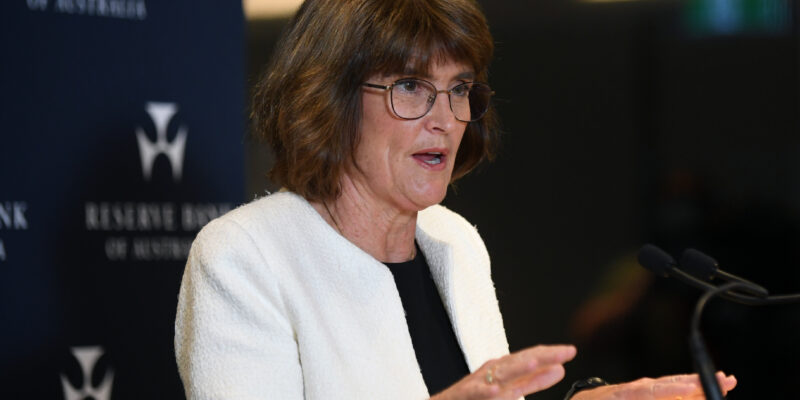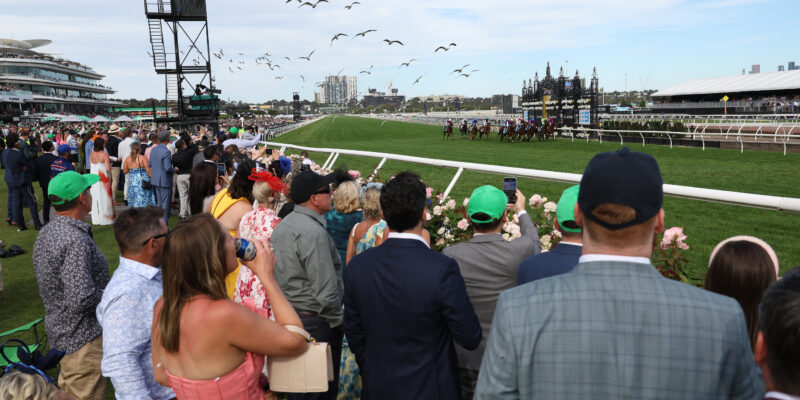Disappointment as Reserve Bank leaves rates on hold
Australia's central bank has left indebted households and businesses waiting longer for much-needed relief with its decision to keep the cash rate unchanged.

FROM struggling retailers to squeezed mortgage holders, the Reserve Bank of Australia’s surprise call to leave interest rates on hold has left many disappointed.
Markets and economists were broadly in favour of a 25 basis point cut in July but the central bank board has decided to wait for more evidence that inflation is easing before considering lowering the 3.85 per cent cash interest rate.
Interest rates have already been cut twice this year as inflation tracked lower and the central bank’s focus switched to growth prospects and job market resilience.
RBA governor Michele Bullock acknowledged households with mortgages would have been “very keen” for another interest rate cut to ease budget pressure.
“I’m also really conscious that we don’t want to end up having to fight inflation again,” she said.
The Australian Retailers Association described Tuesday’s decision as a “missed opportunity” to improve the outlook of a sector employing one-in-ten Australians.
“Weak consumer spending and high business costs continue to put pressure on retailers,” the association’s chief executive Chris Rodwell said.
Real Estate Institute of Australia president Leanne Pilkington said the July call means high borrowing costs for first home buyers.
“We understand the RBA’s priority is returning inflation to its target band but this needs to be balanced against the risk of further dampening housing demand and locking first home buyers out of the market,” she said.
Federal Housing Minister Clare O’Neil said while the decision was disappointing for many, the central bank was still on track for more interest rate cuts.
“The RBA told us yesterday that this is about pace, not direction,” she told Seven’s Sunrise program on Wednesday.
“The RBA has already cut interest rates twice this year and is kind of indicating that they want to keep moving on that, but they’re being very cautious.”
Ms O’Neil noted that from July 1 a number of government support payments were increased and there were significant wage rises for minimum wage earners.
“It shows we’re over the worst of the cost-of-living issues facing the country, but we’ve still got a long way to go,” she added.
Speaking on Tuesday after a two-day meeting on monetary policy, Ms Bullock sympathised with young people hoping to buy homes, but said interest rates aren’t the only roadblock.
“In fact, I’ve heard criticisms that we shouldn’t lower interest rates because housing prices will go up,” she said.
“So we can’t win really.”
The governor said the question of housing prices was largely one for governments to address.
Further insights into the interest rate decision could be revealed in a public speech by the central bank’s deputy governor Andrew Hauser on Wednesday at the Australian Conference of Economists in Sydney.






